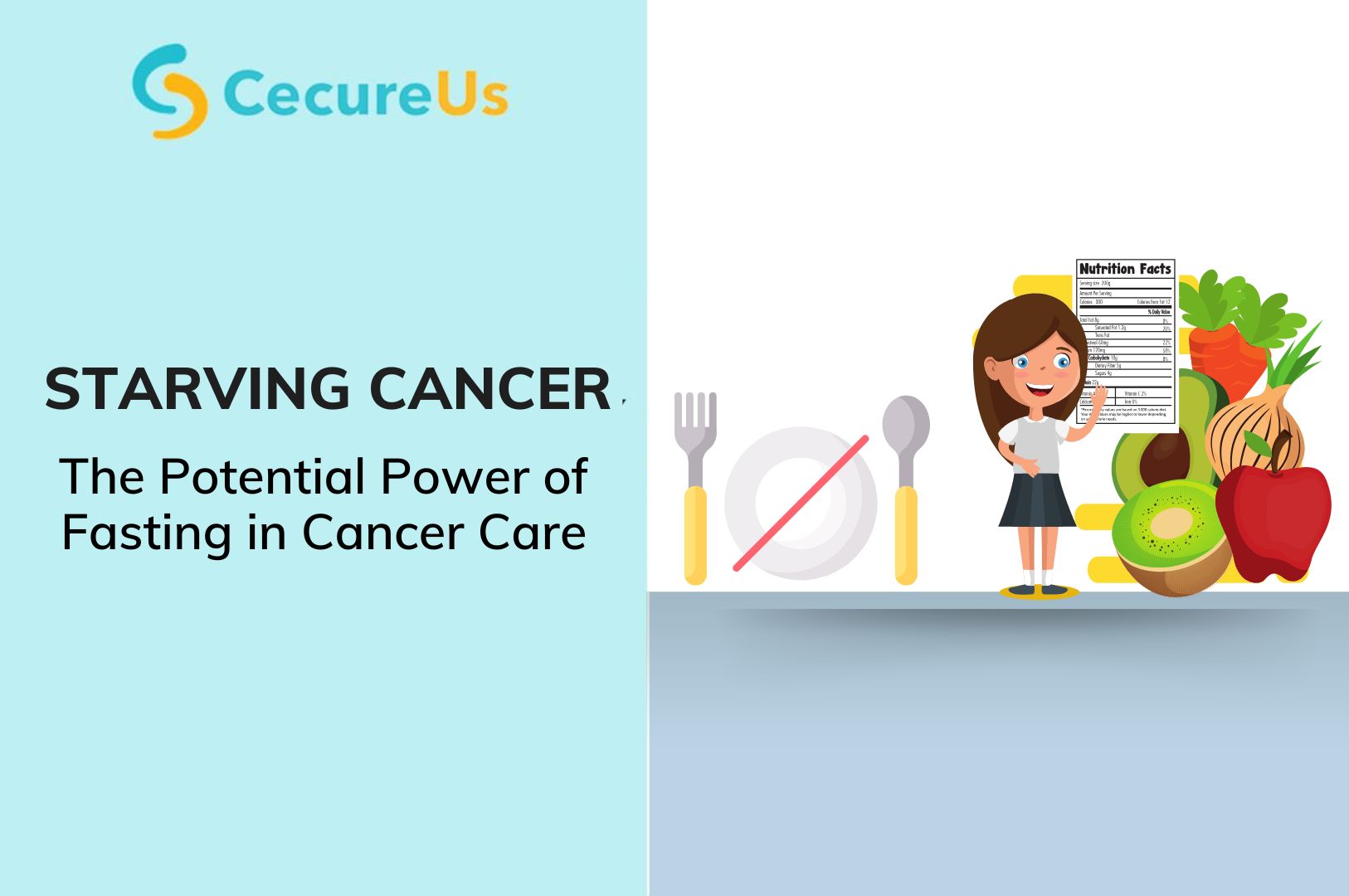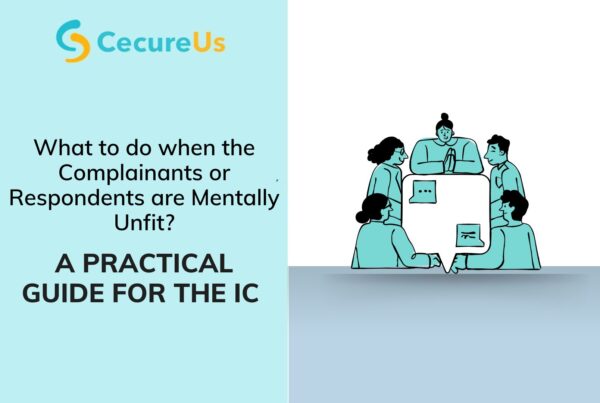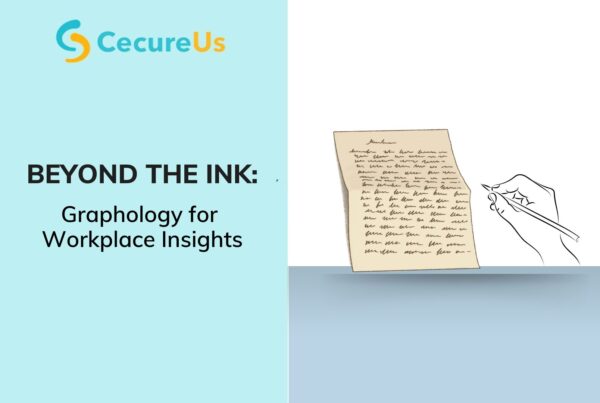
Connecting Fasting and Cancer Awareness to Workplace Wellness
Workplace wellness programs play a vital role in fostering healthy habits and preventing chronic diseases, including cancer. By incorporating fasting education, nutritious meal options, and stress-reducing activities like mindfulness, employers can support their employees in maintaining optimal health. Encouraging intermittent fasting as part of a workplace wellness initiative can lead to increased energy, better focus, and a stronger immune system, ultimately boosting productivity and reducing absenteeism. A holistic approach that includes periodic fasting, exercise, and mental well-being can create a healthier work environment, benefiting both employees and organizations.
Understanding Cancer and Its Impact
Cancer is one of the most feared diseases worldwide, affecting millions of lives each year. It occurs when abnormal cells grow uncontrollably and spread throughout the body. There are various types of cancer, including breast, lung, prostate, and colorectal cancer, among others. Risk factors range from genetic predisposition to lifestyle choices such as smoking, poor diet, and lack of physical activity. Early detection, regular check-ups, and a healthy lifestyle are crucial in managing and preventing cancer.
Recent studies have shed light on how fasting may play a crucial role in fighting cancer:
- Enhancing Treatment Efficacy: Fasting appears to increase the effectiveness of cancer treatments by making cancer cells more vulnerable to chemotherapy and radiation.
- Protecting Healthy Cells: Short-term fasting may protect normal cells from the toxic effects of chemotherapy while sensitizing cancer cells to treatment.
- Boosting Immune Response: Fasting has been shown to reprogram the immune system’s natural killer cells, improving their ability to fight cancer.
- Reducing Side Effects: Some studies suggest that fasting can help reduce the side effects of cancer treatments, making them more tolerable for patients.
- Metabolic Changes: Fasting induces metabolic changes that may create an unfavorable environment for cancer cell growth.
Types of Fasting Beneficial for Cancer Prevention
- Intermittent Fasting (IF): Eating within a restricted window (e.g., 16:8 method) and fasting for the remaining hours.
- Prolonged Fasting: Going without food for 24-72 hours, under medical supervision, to trigger deep cellular repair.
- Fasting-Mimicking Diet (FMD): A low-calorie, nutrient-rich diet that mimics the effects of fasting while providing essential nutrients.
FAQs on Cancer and Fasting
Is fasting a substitute for cancer treatment?
No, fasting should not replace conventional cancer treatments like chemotherapy or radiation but can be used as a complementary approach.
How long should one fast to see benefits?
Benefits vary depending on the individual, but intermittent fasting can be practiced daily, while prolonged fasting should be done occasionally under medical supervision.
Can fasting prevent cancer completely?
While fasting reduces cancer risk factors, a combination of healthy eating, regular exercise, and medical check-ups is essential for prevention.
Is fasting safe for cancer patients?
While some studies show promise, fasting should only be done under medical supervision. It’s unsuitable for all patients, especially those at risk of malnutrition.
How does fasting affect cancer cells?
Fasting may reduce glucose levels in the blood, making it harder for cancer cells to grow. It also triggers cellular processes that can promote the death of cancer cells.
Conclusion
Cancer awareness is crucial in reducing its global impact. While fasting has shown promise in weakening cancer cells and strengthening immunity, it should be practiced cautiously and in consultation with healthcare professionals. Combining fasting with a healthy lifestyle can be a powerful strategy for cancer prevention and overall well-being.
Please reach out to us for any queries on Cancer Awareness.
For more blogs and articles, visit our official website. Contact us for workshops and queries related to POSH, EAP (Employee Assistance Program) , Diversity and Inclusion and Code Of Conduct.




